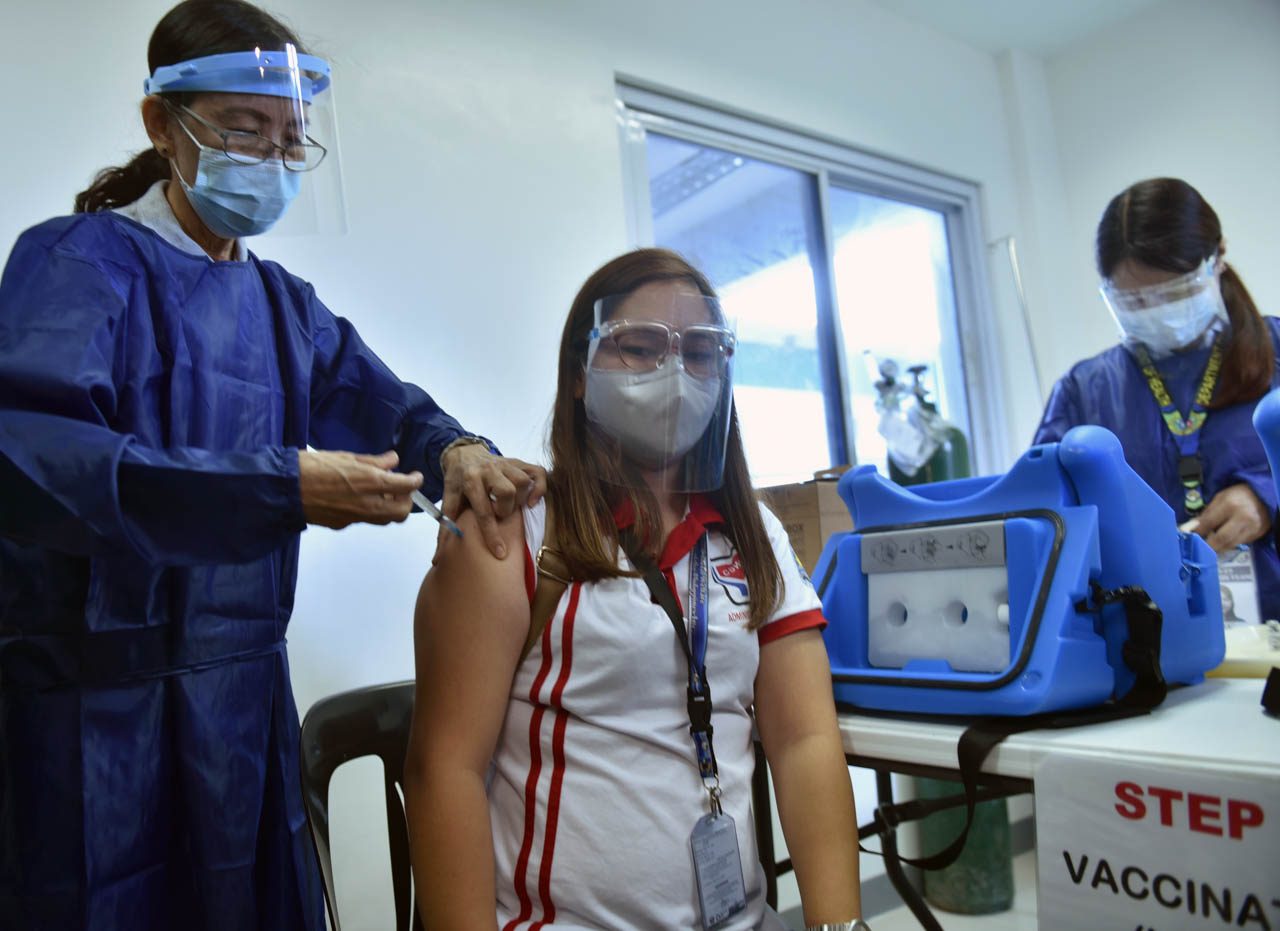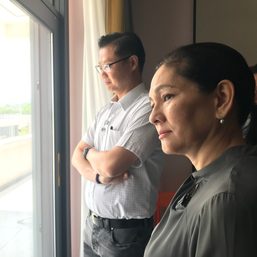SUMMARY
This is AI generated summarization, which may have errors. For context, always refer to the full article.

The House committee on ways and means on Monday, February 15, approved a proposal to grant tax exemptions on COVID-19 vaccines procured by local government units (LGUs).
The proposal is part of House Bill (HB) No. 8648 or the proposed Emergency Vaccine Procurement Act of 2021, which seeks to allow LGUs to directly deal with vaccine makers instead of going through the national government first.
The proposed provision exempts fees on procurement, storage, transportation, distribution, and administration of COVID-19 vaccines by LGUs, provided that the vaccines acquired will not be for commercial distribution.
The current tariff rate for vaccines is around 1%.
“It’s not really about the savings, although the exemption will allow them to buy slightly more vaccines. It’s the amount of processing that the local governments will save from this bill that I think is what matters more,” said House ways and means committee chairperson Joey Salceda.
Procurement, however, is only the first step in a tedious vaccination process.
Salceda urged the government to set clear guidelines on how LGUs can procure, store, and administer vaccines in the most efficient manner possible.
“In the proper time, I might propose amendments to the bill. In particular, there has to be some way to cluster individual LGU procurements so that we can benefit from economies of scale,” said the Albay 2nd District representative.
“That will be especially useful in storage, since we can have shared storage facilities for LGUs. That’s what I am working on next: shared LGU facilities for storage.”
Health groups say no
HB No. 8648 is opposed by health experts, who say that allowing LGUs to skip national processes in the rollout of vaccines would only create inequality.
The Healthcare Professionals Alliance Against COVID-19 – the largest coalition of health groups in the Philippines – earlier warned that granting LGUs this authority could severely impact public health safety and create unequal access to limited shots.
Health experts have 3 main reasons for opposing the proposal to let LGUs directly buy COVID-19 vaccines:
- First, it would bypass the required recommendation of the Health Technology Assessment Council (HTAC), which is mandated to review medical technology eyed for use in a public health program. The HTAC, created by the Universal Health Care Act, reviews the feasibility and cost-efficiency of health technology like vaccines for public use, as well as potential commercial or political conflicts of interest.
- Second, it would lead to “maldistribution” of vaccines, where richer LGUs with the capacity to pay would get priority access to already limited vaccines, leaving poorer communities further behind.
- Third, patchwork purchasing of vaccines, as opposed to centralized purchase through the national government, would escalate vaccine prices “because the country will lose the scale or volume that one buyer has.”
– with reports from Sofia Tomacruz/Rappler.com
Add a comment
How does this make you feel?


![[Time Trowel] Evolution and the sneakiness of COVID](https://www.rappler.com/tachyon/2024/02/tl-evolution-covid.jpg?resize=257%2C257&crop=455px%2C0px%2C1080px%2C1080px)





![[OPINION] The First Mode conundrum](https://www.rappler.com/tachyon/2024/03/tl-first-mode-conundrum-03232024.jpg?resize=257%2C257&crop=283px%2C0px%2C720px%2C720px)






There are no comments yet. Add your comment to start the conversation.